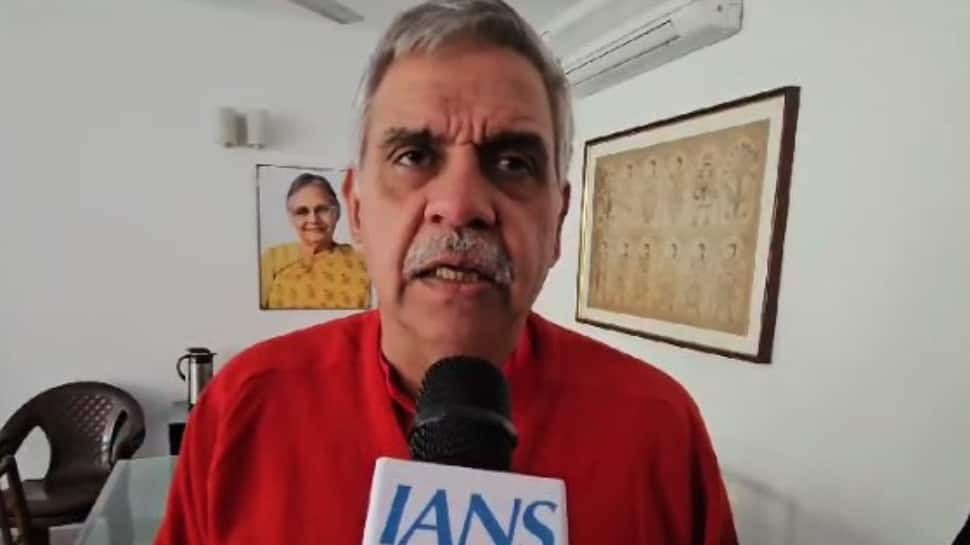 |
|
The political landscape in India is currently marked by a heated exchange between the Aam Aadmi Party (AAP) and the Congress party, ignited by AAP national convenor Arvind Kejriwal's letter to Rashtriya Swayamsevak Sangh (RSS) chief Mohan Bhagwat. This letter, which questioned the BJP's alleged actions including vote-buying and voter list manipulation, has drawn sharp criticism from Congress leader Sandeep Dikshit, who accused Kejriwal of having hidden 'Sanghi' connections. Dikshit's strong condemnation highlights the complex web of political alliances and rivalries that characterize Indian politics, underscoring the deep-seated ideological differences between the Congress, AAP, and the BJP, and the potential for strategic alliances and shifting power dynamics within this environment. The incident underscores the increasingly tense political climate ahead of upcoming elections.
Dikshit's central argument revolves around the perceived incongruity of Kejriwal writing to the RSS chief instead of directly addressing the BJP. He interprets this action as evidence of a long-standing relationship between Kejriwal and the RSS, a connection Dikshit labels as 'Sanghi.' This accusation implicates Kejriwal in a supposed tacit alliance with the BJP's ideological parent, thereby challenging the AAP's self-proclaimed image as a distinct alternative to the established political parties. The accusation also carries significant weight given the historical context of the anti-corruption movement, which, according to Dikshit, received significant support from the RSS. This implies a betrayal of those who previously rallied behind the AAP's anti-establishment stance.
The broader implications of this political spat extend beyond a mere exchange of accusations. Dikshit's criticism of Kejriwal's letter can be seen as a strategic attempt by the Congress party to undermine the AAP's credibility and potentially gain political advantage. By associating Kejriwal with the RSS, the Congress aims to portray the AAP as less of an alternative to the BJP, thereby potentially drawing support from voters wary of both established political parties. The intensity of the rhetoric also reflects the upcoming elections, indicating the high stakes involved and the parties’ determination to secure a favorable position before the electorate.
Beyond the main conflict, Dikshit’s comments also touch upon other political issues. His criticism of Delhi Chief Minister Atishi's letter to the Lieutenant Governor concerning the alleged demolition of religious structures points to a wider conflict concerning governance and administration in Delhi. The accusations of false promises and the lack of response from Kejriwal to previous criticism further strengthen Dikshit's argument and paint a picture of a party more focused on optics and political maneuvering rather than substantive action. The call for a face-to-face debate highlights the lack of direct engagement between the parties, revealing a deeper chasm in political communication and strategy.
In conclusion, the seemingly simple exchange of letters between Kejriwal and Bhagwat has sparked a larger political battle highlighting the intricacies of Indian politics and the strategies employed by various parties to secure electoral success. Dikshit's forceful response represents not just a critique of Kejriwal's actions, but also a broader attempt to shape the political narrative ahead of crucial elections. The accusations of hidden connections, false promises, and the lack of transparency all contribute to a volatile and highly charged political climate, where even seemingly minor events can have significant implications for the future of governance in India. The intensity of this exchange underscores the urgency and high stakes involved in this political game, showcasing the relentless pursuit of power and influence in the Indian political arena.
Source: 'Sanghi Connection': Sandeep Dikshit Slams Kejriwal Over Letter To RSS Chief
